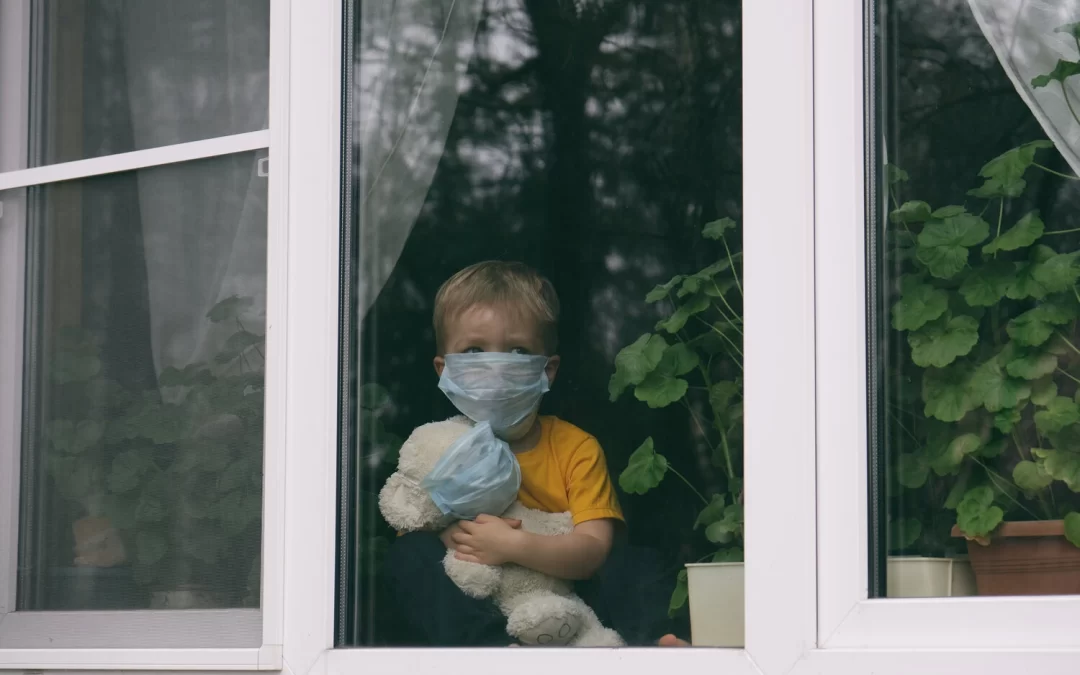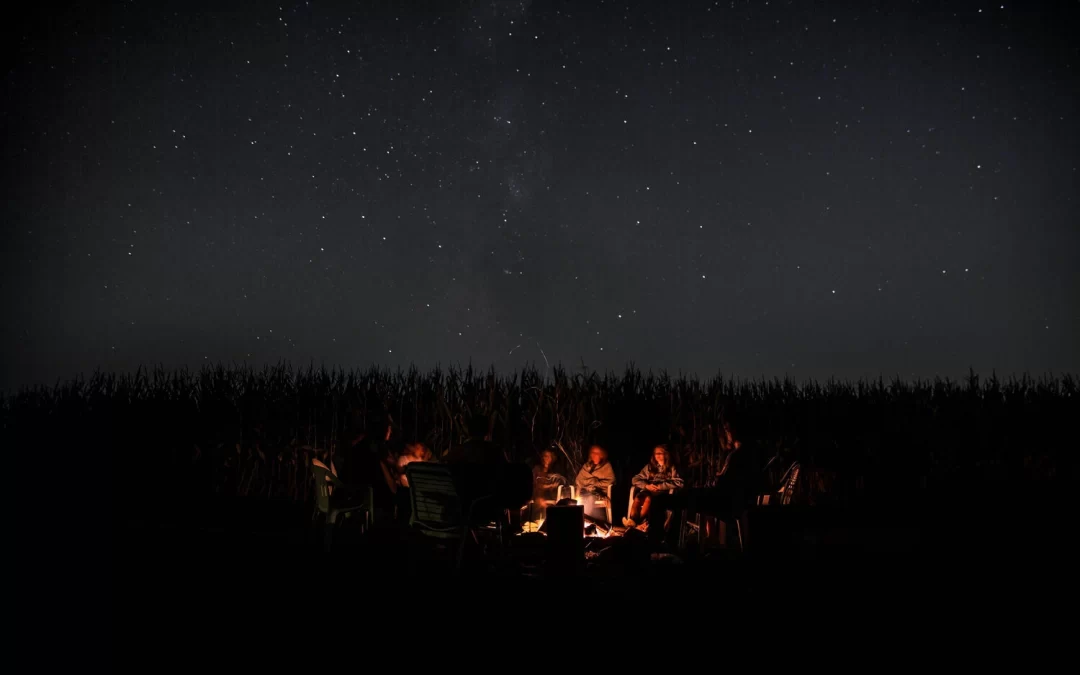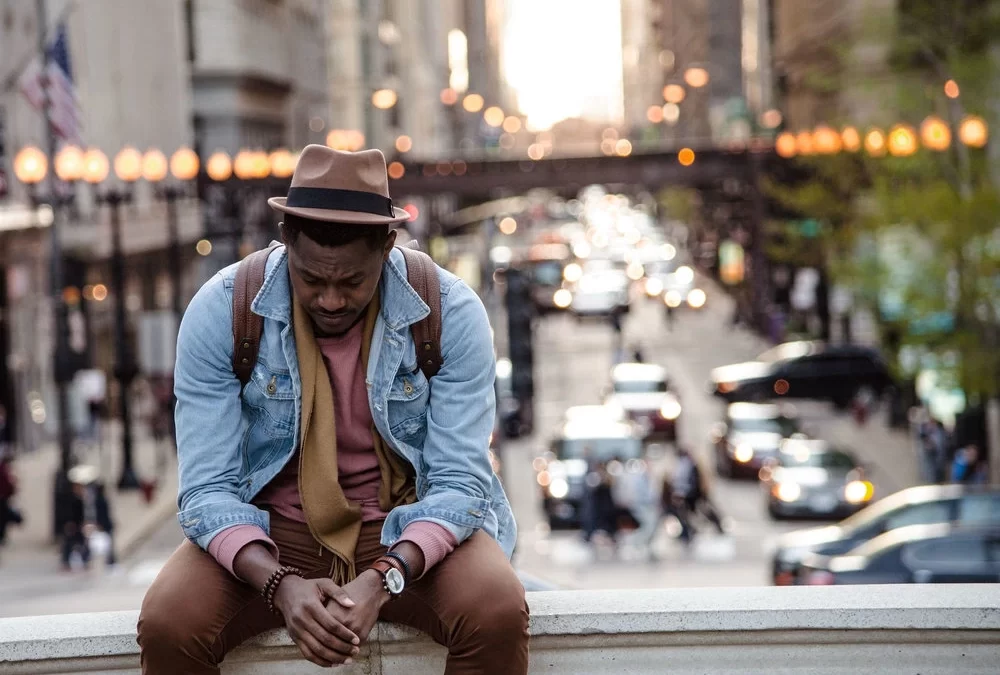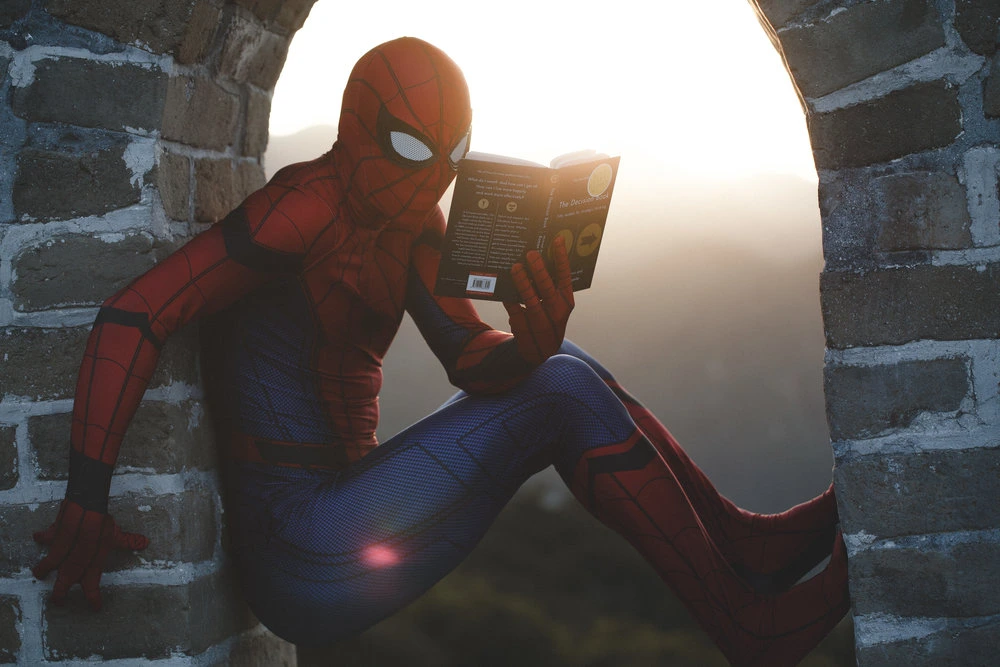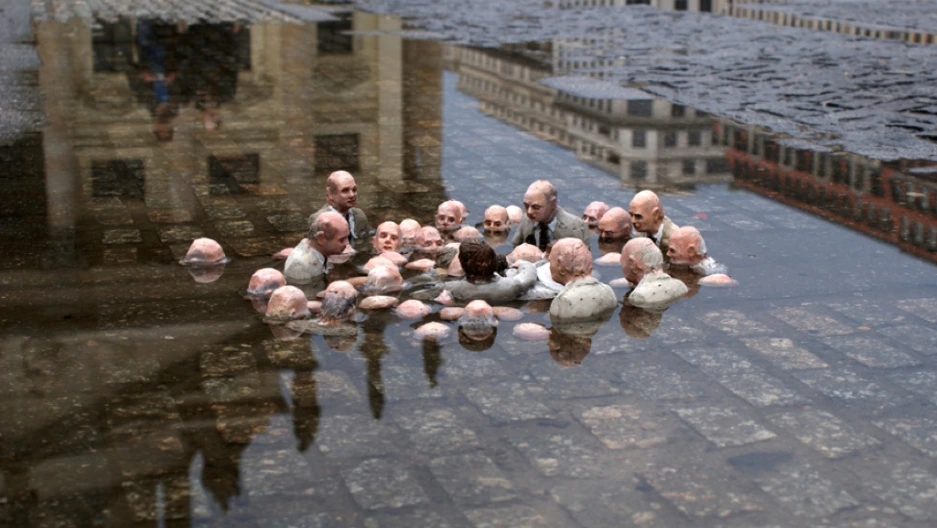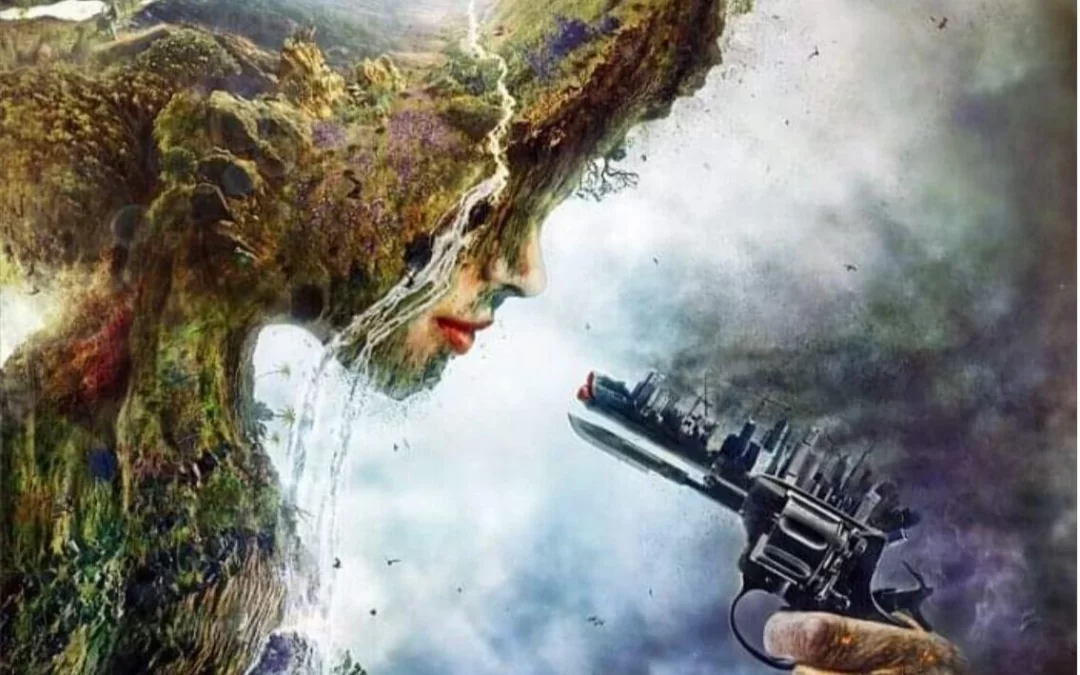
YOU MATTER RIGHT NOW. HERE’S WHY.
We as a species are being invited to embark on our most incredible adventure ever—together. And this means you. But first, let’s understand where this adventure begins.
Humans at this time have scientifically acknowledged that our natural environment is decaying or disappearing at a rate faster than any time in our history. We’ve medically acknowledged that despite a record high global population count, loneliness is now identified as the world’s most wide-spread disease. And we’ve culturally acknowledged that, although modern society enjoys more daily comforts than ever before, we’ve never been more uncomfortable with the inevitability of death. Despite our awareness of these facts, what we humans have yet to fully acknowledge is the collective pain we carry: the pain of where we are, and how we got here.
This shared experience of pain comes from our deep knowing that we’re all ultimately contributing to an invisible machine, one that pretends to take care of us while actually pulling us further away from who we came here to be. Ignoring this deep knowing, we’ve allowed our collective pain to overpower our collective will to change the harmful ways we treat our planet, and each other. Modern society has a sickly brilliant process of exploiting this shared suffering—just enough to keep us deceitfully comfortable, in a continuous movement that is ultimately taking us toward our own demise.
And then something extraordinary puts it all on pause.
A virus shuts down the machine. And in the quiet and stillness of the shutdown, we begin to see the machine as a veil of our existence—one that is suddenly thinning enough to see how its threads are made up of all our screen touches, consumerism, and time spent on the not-so-important. We’re beginning to see through it enough to reveal more nature—the nature which is our environment, and also our own shared humanity. As the days go by and the fabric thins more, we are beginning to understand the sacrifice we’ve made, for an economy that is not of people or planet. Underneath it all, we can begin to sense how the closer we come to nature, the more susceptible we are to death—yet the more tangible our lives become.
This new understanding, combined with our felt experience of what it feels like to stop, is showing us that another way is actually possible. We’ve heard much recently about this shutdown being a reset—an opportunity to usher in great change—yet we remain blanketed in doubt as we see this change to be dependent on ‘everybody else’. Upon closer investigation, we doubt the ability of others to create the necessary change because we have yet to trust ourselves enough to change.
This doubt is fuelled by our not knowing what exactly to change. Not surprisingly, doubt is the first thing to arise when we want to move a mountain, and we want it moved now. As the veil continues to vitiate—and with it our sense of security from following the leaders, the politicians and the gurus—we’re beginning to learn from where our necessary guidance must come: ourselves. Herein for each of us may lie our greatest adventure.
This adventure is an invitation to trust. We’re being asked to trust that, when we courageously and consciously choose our next actions, there is a collective guidance that will take us all to a healthier place. To courageously invest in this way of being, by recognizing our fear as the hidden potential that it is, may be the challenge of a lifetime. But what a life.
There will be many times we’re caught in doubt and will need to shift our focus to whatever sincere energy we find in ourselves in that moment. It doesn’t matter how much or little we find. In some moments we may feel like we can move that mountain, while in others we may find nothing. Whatever is found, we need to trust it and become it—even when we can’t find anything, for it’s often in the nothingness, our intimacy with our own mystery, that we unearth our greatest potential.
We are always like water. Sometimes we may feel like the raindrop free-falling to earth, or like we’re tossed around in a raging river, or maybe the soft, slow dance of a quiet stream. In every case, each of us is being drawn back by Her to the ocean—the source where we all meet again. And the ocean can only be the ocean because it is made up of many drops, of which each of us is one. Because we are here at this time, every one of us matters. Each of us has a role, and the more we trust, the more we surrender to Her guiding us back to the ocean where we all meet, the more we will find peace.
When we repeatedly deny our interconnectedness—the ocean of humanity that we all make up—nature will continue to find ways of showing us otherwise. As She makes us stop, bringing death closer to our doorstep, we are beginning to realize that perhaps we’re not as afraid of dying as we are of not yet having fully lived. What makes us most afraid is also the thing that can make us feel our most alive.
Let’s go.
Art Credit: Mark Henson / Mario Sanchez Nevado

